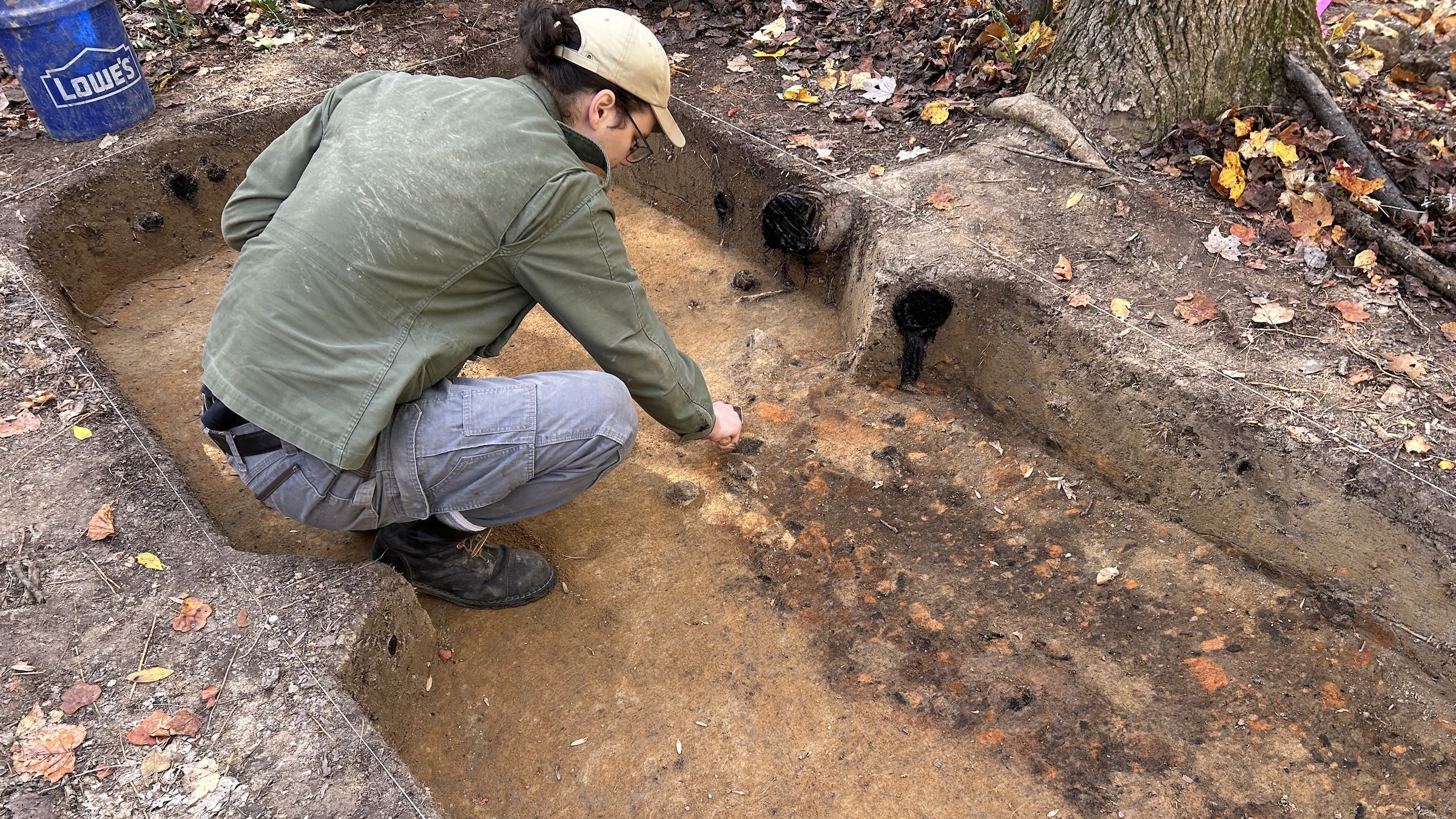Breast-Milk Sharers Defend Practice After FDA Warning
A group of women who use Facebook to connect lactating moms who have extra milk with women who are unable to breast-feed is defending the practice after a recent FDA warning about the hazards of milk-sharing.
The group, called Eats on Feets, provides a way for moms around the world to connect. But it does not screen or select donors or help get the milk from donor to recipient, said group co-founder Emma Kwasnica, who lives in Montreal.
But the U.S. Food and Drug Administration warned last week against breast-milk sharing because "the donor is unlikely to have been adequately screened for infectious disease or contamination risk," and the milk may not have been stored safely and properly.
"We have all the information that women need to do it in a safe and ethical way, but we're not telling them what to do," Kwasnica told MyHealthNewsDaily. "It's all about informed choice."
Kwasnica, who started the group last month with Phoenix midwife Shell Walker, said moms are hyper-vigilant when screening for breast-milk donors. Those seeking milk conduct in-person interviews, request blood tests for diseases from the donors and flash-pasteurize the donated milk on their stoves to make sure germs are killed, she said.
Kwasnica said the FDA's concerns aren't unfounded, but that women who participate in breast-milk sharing are responsible and have access to the information they need to lower the risk of transmitting disease.
"They aren't taking this lightly, and they're making sure when they're using another woman's breast milk, they're mitigating the risk," she told MyHealthNewsDaily.
Get the world’s most fascinating discoveries delivered straight to your inbox.
So far, the group has made about 60 milk-sharing matches in North America, Kwasnica said.
Most moms who request breast milk can't produce enough, are taking medications that can affect the contents of their milk, or have a disease that makes them unable to give milk to their child. They don't want to feed their children infant formula, so they opt for breast-milk sharing, she said.
To participate, a woman just has to request to join the closest local chapter on Facebook, and then post a request on the Facebook page for milk. A woman looking to donate can then contact her, and they can make screening and donation arrangements privately from there, she said.
If a woman senses that the donor is being misleading, unsafe or deceitful, she has the option of using Facebook's "block" function to end communication right there, Kwasnica said.
"We're just using social media to our advantage," she said.
Pass it on: Some women who can't breast-feed are turning to other moms with extra milk to spare to nourish their children.
- 9 Good Sources of Disease-Fighter Vitamin D
- Breast-fed Babies Lack Necessary Vitamin D Supplements
- Doctor Urges New Moms Toward Cow's Milk
Follow MyHealthNewsDaily staff writer Amanda Chan on Twitter @AmandaLChan.



